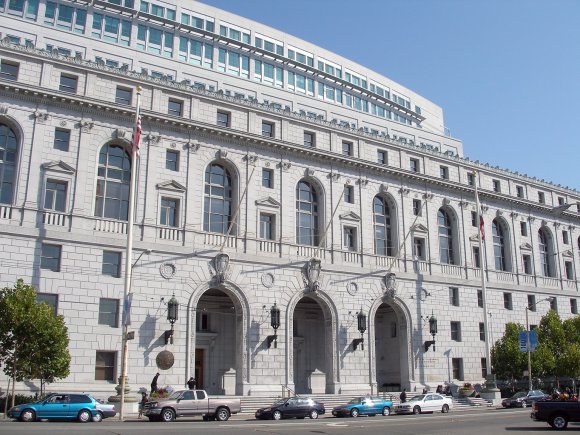
Update, April 17, 2017, 10:54am: The California Supreme Court agreed to hear this case. On April 14, 2017, the Wikimedia Foundation and other companies and organizations, including Change.org, Engine, and GitHub, in filing an amicus brief supporting Yelp’s appeal and expressing in more detail the arguments discussed in this post. We hope the Court’s ruling will reinforce the prevalent interpretation of the Communications Decency Act, and protect platform immunity. We will provide further updates on this case. Special thanks to the students at New York University Technology Law and Policy Clinic, who authored the brief, and to the other signatories for their support and collaboration.
On Monday, August 15, 2016, the Wikimedia Foundation filed a letter with the Supreme Court of California encouraging review of Hassell v. Bird. The case involves important principles of intermediary liability, due process, and freedom of speech, all of which are essential to the continued health of the Wikimedia projects.
The case began when an attorney, Dawn Hassell, sued a former client in California state court over an allegedly defamatory Yelp review. When the former client never showed up in court, Hassell won a default judgment against them. The court subsequently ordered both the former client and Yelp, a non-party to the case, to remove the defamatory reviews from Yelp’s website. If Yelp refused to remove the content, according to the Court, Yelp could be held in contempt, and face fines.
Yelp appealed the decision, arguing that it was unfair to require Yelp to remove the content from its website when it had not had an opportunity to be heard in the underlying case; that Yelp as a neutral hosting platform was immune from liability for user-created content under Section 230 of the U.S. Communications Decency Act (CDA 230); and that the removal order violated Yelp’s own freedom of speech as a curator of user content. Unfortunately, the State Appeals Court rejected that appeal in early June. Yelp is now asking the Supreme Court of California to reverse that decision.
Our letter details several concerns about the lower courts’ rulings. First, under CDA 230, neutral hosting platforms like Yelp and the Wikimedia Foundation are supposed to be broadly immune from liability for user-created content, including liability for defamation. This policy has been, and remains, essential to the success of the Wikimedia projects and many other major websites across the internet. The lower courts’ decisions could allow litigants to make an end-run around CDA 230 by obtaining default judgments and using the contempt power to impose exactly the kind of liability that the law was intended to avoid.
In addition, we believe due process requires that neutral hosting platforms like the Wikimedia Foundation receive legal notice of this and similar lawsuits to remove user-created content. That way, platforms can have an opportunity to intervene and potentially defend that content before they are ordered to remove it from their sites. This is especially important for platforms with international user communities like ours, where community members may not always be able to travel to a California court to defend their speech.
Moreover, such removal orders may harm the speech of others. Because the Wikimedia projects are written collaboratively by many different contributors, removing content may impact the contributions of other users who built upon it or relied on it for proper context. This makes it crucial that hosting providers like the Wikimedia Foundation have the opportunity to intervene and defend the legality of user speech before that speech is ordered removed.
Lastly, it is worth noting that Yelp—like the Wikimedia projects—allows users to delete or edit their own contributions. We believe that there is no need for courts to order hosting providers to remove user contributions when they could simply ask the litigants themselves to do so.
We hope the Supreme Court of California will choose to review this case to clarify this important point of intermediary liability law.
Jim Buatti, Legal Fellow
Aeryn Palmer, Legal Counsel

Can you help us translate this article?
In order for this article to reach as many people as possible we would like your help. Can you translate this article to get the message out?
Start translation